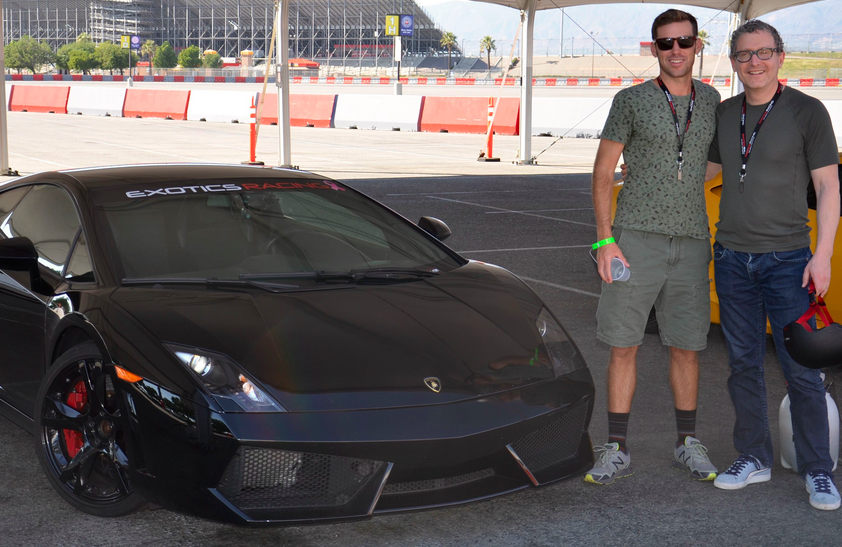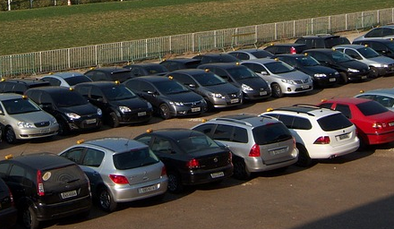Perhaps it’s a bit of an exaggeration – but not by much.
The automobile was a huge symbol of American production during the first half of the 20th century. Actually, it’s been a huge symbol of American culture for the past 100 years.
A car means freedom to go wherever you want, and gives you the ability to transport yourself to the best job you can find. A car is also a status symbol that lets everyone know who you are.
But, for our future, a car will be mainly looked at as a form of transportation. Nothing more, nothing less.
This is hard to understand for most; even for me. I love all kinds of cars. I like cars that you can race around a track, I like cars that you can drive across the desert, and I like cars that you can just hang out in. I’m a big car dork.
We raced cars a couple weeks ago at an Atlas 400 event. I was a Lamborghini skeptic, but I gotta admit the new Huracan blew my mind. A close second was the Ferrari 458 and third went to the Mercedes SLS. However all are, admittedly, more fun to race for the day than own!
However, for the mainstream consumer, personal automobiles are being fazed out. Services like Uber, Lyft, and even driverless cars are now a reality. For many people there is no need to own a personal form of transportation.
In addition, there is no need to rent a car. Transportation is literally at our finger tips with a smartphone.
If you were able to look through all of the Presidential news, you’d have noticed that the world’s biggest car rental company – Hertz – had a massive decline in it’s stock price. This is not normal for a major company; especially one that is not some ‘trendy’ tech start up.
And if you were also able to look at the current transportation world, you’d also not be surprised by the huge decline in the Hertz stock.
As a quick back story… most rental car companies make their money by selling their rental cars in the used car market. Basically, their rental fees cover the monthly car payments, and then they make their profits when they sell the auto in the secondary market.
The problem is that Hertz is buying more new cars and not profiting (or even making it’s money back!) from selling used cars.
Personally, I don’t believe this is a cyclical trend. Meaning, I don’t think this is a sign of a slowing economy, but instead a sign of people not buying cars with the ferocious appetite that we’ve seen in years past.
But, there is a bigger problem here. You see, Hertz had to borrow massive amounts of money in order to buy those cars. They can only repay their lenders after they have made profits. And if they aren’t profiting, they can’t repay their lenders!
Guess who the lenders are? They are the bond holders who are expecting a steady repayment – that might not ever happen.
If you aren’t aware of the huge bond bubble that is forming, please check out the article I wrote here.
Hertz may be one of the first companies to start defaulting on their bond debts. It’s too soon to say definitively, but share and bond holders should start to look for the exits.
Ironically, Carl Icahn has doubled his position in the company, making his total stake to almost one third. Either he is completely blind to the transportation revolution that is just starting OR he is simply buying as a vote of confidence to influence other investors. I believe it’s the latter.
Even major auto manufacturers Toyota and Nissan are calling a top in the auto market. If these two companies are publicly saying their industry is dying, then I don’t know of a better sign that the car world is in for some major change.
The bigger picture to understand here is that Hertz has gotten itself in trouble from cheap money policies. The company has borrowed money for a very small fee; but the problem is that they did not spend that money wisely. Instead of spending money in areas that would provide them returns, they spent money on areas that will provide them negative returns.
That means that all kinds of stock holders and money lenders will never see their hard earned dollars again.




